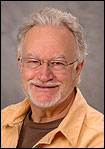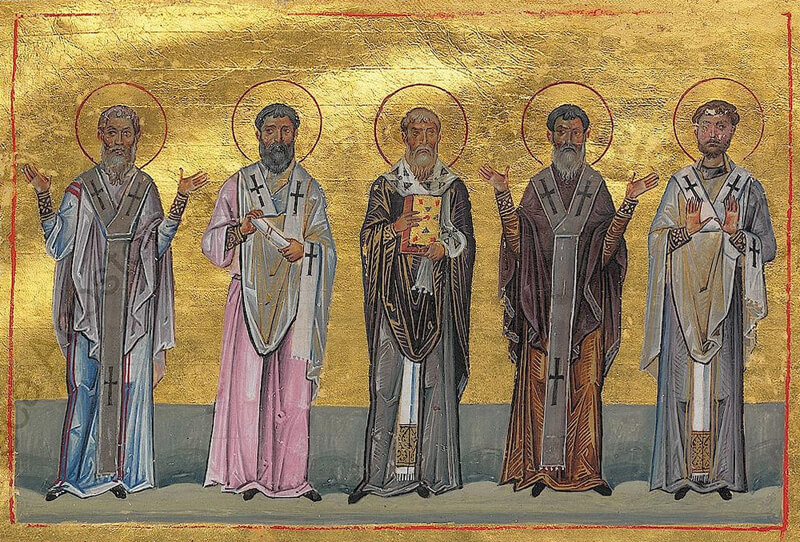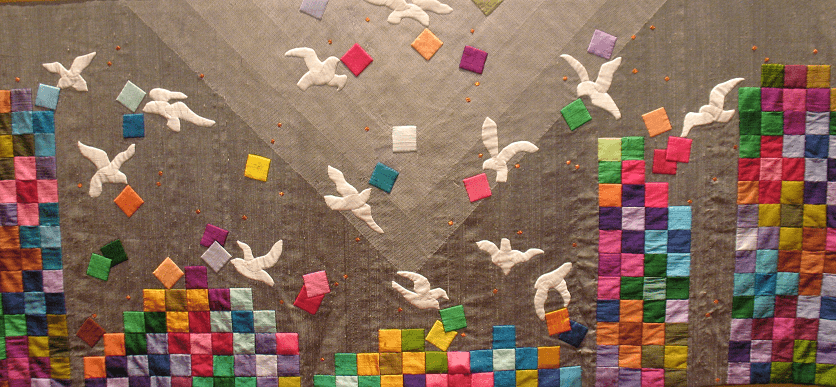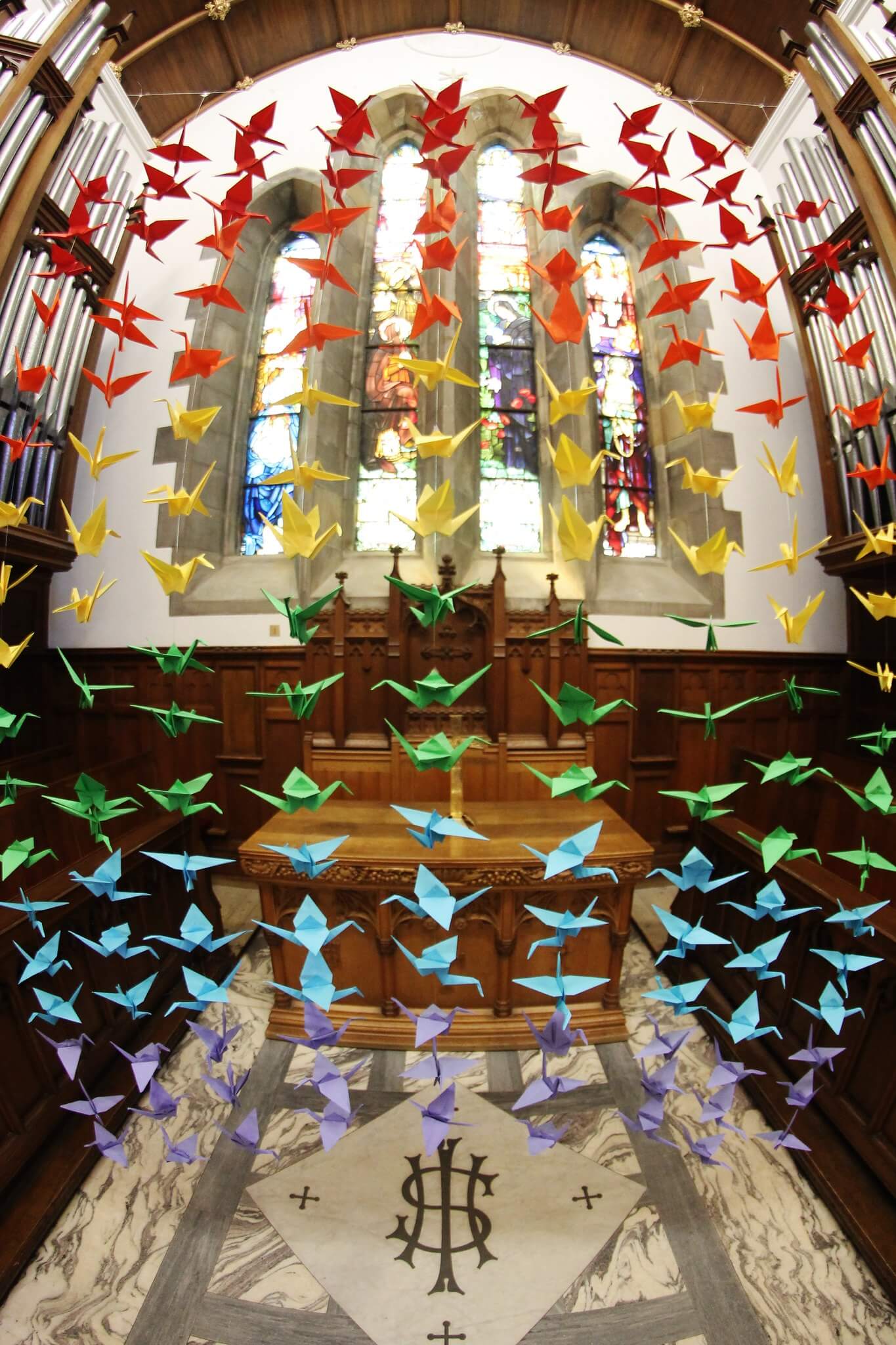 My journey of Lent started with an air flight to Los Angeles to visit my daughter and her family last week. I had packed the book Best Laid Plans and was about to begin reading it when my seat mate asked me about the book. I talked about the CBC Canada Reads contest and the books chosen for this year, some of which I had read.
My journey of Lent started with an air flight to Los Angeles to visit my daughter and her family last week. I had packed the book Best Laid Plans and was about to begin reading it when my seat mate asked me about the book. I talked about the CBC Canada Reads contest and the books chosen for this year, some of which I had read.
My seat mate, Yilmaz Alimogul, told me that he was an author and had recently published his first book. In response to my enthusiasm and questions, he presented me with a copy.
I began reading it at once and in response to my questions about the setting and circumstances of the story Yilmaz disclosed that the book was his own story, the account of his journey to Mountains and Deserts, (the title of the book) to a deeper self awareness and religious practise
The book’s protagonist, Ali, is a Sufi, a branch of Islam. After the birth of his children Ali returns to the practise of his faith, attending the dragah regularly and praying the zehr. His Christian wife is embarrassed by his fervour and makes sarcastic remarks about it.
Ali feels that what he perceives as his wife’s rejection of his religious practise may be a deal breaker for his marriage and decides to take some time away from his family to undertake a journey to mountains and deserts to find his way.
The Sufis are the mystical branch of Islam. Like their mystical Christian and Jewish, and I asssume Hindu brothers and sisters, Sufis relish and delight in their up close and personal relationship with the divine. Also like their Christian and Jewish counterparts, they often rub up against the mainstream of their religious traditions causing friction. The mystics care less about dogmas and doctrines that separate believers and more about the relationship with God, which they share.
It is this “beyond the differences and beyond the dogmas” that attracted me to the story. I am regularly and painfully aware of the “us versus them” mentality that seems to have captured the world. Reading the papers, listening to the radio I am regularly assaulted by the intolerance and conflict of the “us and them” mentality.
Here in Toronto, the folks at City Hall seems to care more for saving taxpayers’ dollars (us) than they are by the plight of homeless people or low income people housed by the Toronto Housing Corporation (them).
In Ottawa the federal government seems intent on punishing and jailing offenders rather than eliminating poverty, preventing crime or rehabilitating offenders. A very small program assisting Palestinians appears to be sufficient cause for eliminating the funding of all the programs sponsored by Kairos worldwide.
The governor and Republican legislators in Wisconsin declare war on public servants depriving them of the protections of collective bargaining and efforts of common cause.
Listening to the radio I regularly hear comments and commentary on the news directed against Muslims and nothing of such heroic acts as the hundreds of Egyptian Muslims, who after the bombing of a Coptic church by extremists, surrounded Coptic places of worship to protect worshippers there from attack.
If we examine this morning’s readings I believe we can find an antidote to these poisonous “us versus them” messages.
In the Genesis reading we find Abram and Sarai called by God to get up and go. They are called to leave the security of all they hold near and dear: family, friends, their land and their people.
In return for this God makes promises to them:
They will be given a land of their own in some undisclosed future.
They will become a great nation, despite their advanced ages and their infertility.
All families of the earth will be blessed through them (today’s jack pot promise)
The universality of that promise is key here. There are no “us or them”, all families of the earth will be blessed through Abraham and Sarai. This promise recalls to me the teaching of the Second Vatican Council regarding developing a profound respect for other religious traditions (another of the teachings of that council that is yet to be fulfilled).
It seems to me Holy Trinity’s aspirations to reach out and grow, to connect with Ryerson University and its student body and situated as it is near the Islamic Centre at Dundas and Edward Street, that a public education series on the beliefs of the Islamic faith is a timely and feasible initiative.
In the second reading Paul wrestles with the size and inclusiveness of Abraham’s family. He comes down on the side of inclusiveness of the gentiles, the hot button issue of his time. Paul’s conclusion is an antidote to bother modern day Christian and Islamic fundamentalism which both limit the inclusion of the promise.
In the Gospel we depart from the reading of Matthew and have the first of four Sunday readings from John , whose Gospel does not have its own lectionary cycle. On this and the following three Sundays we have the opportunity to explore John’s theological perspective.
We read of Jesus’ first encounter with Nicodemus, a passage that is both dramatic and symbolic. First it occurs at night, a time that in John’s mind is a time of doubt and /or ignorance. Nicodemus is curious about this new rabbi but is not ready to commit or to let his Pharisee colleagues know he what is is up to. One commentator labels his actions “faithful curiosity”. As Nicodemus appears twice more in the Gospel in more committed circumstances, perhaps we might proclaim him as the patron saint of doubters, of whom we count many in these pews.
In this first encounter Nicodemus comes off as weak and undecided. Jesus in answering his questions moves his focus away from Nicodemus and addresses himself to a wider audience: us. Jesus encourages us to wake up and evaluate the evidence of his life and works. Come into the light of belief. Come away from those actions that we fear being exposed to the light. Live in the light plainly and simply and do what you do in God.
This message is an agenda for all of our Lenten journeys.






